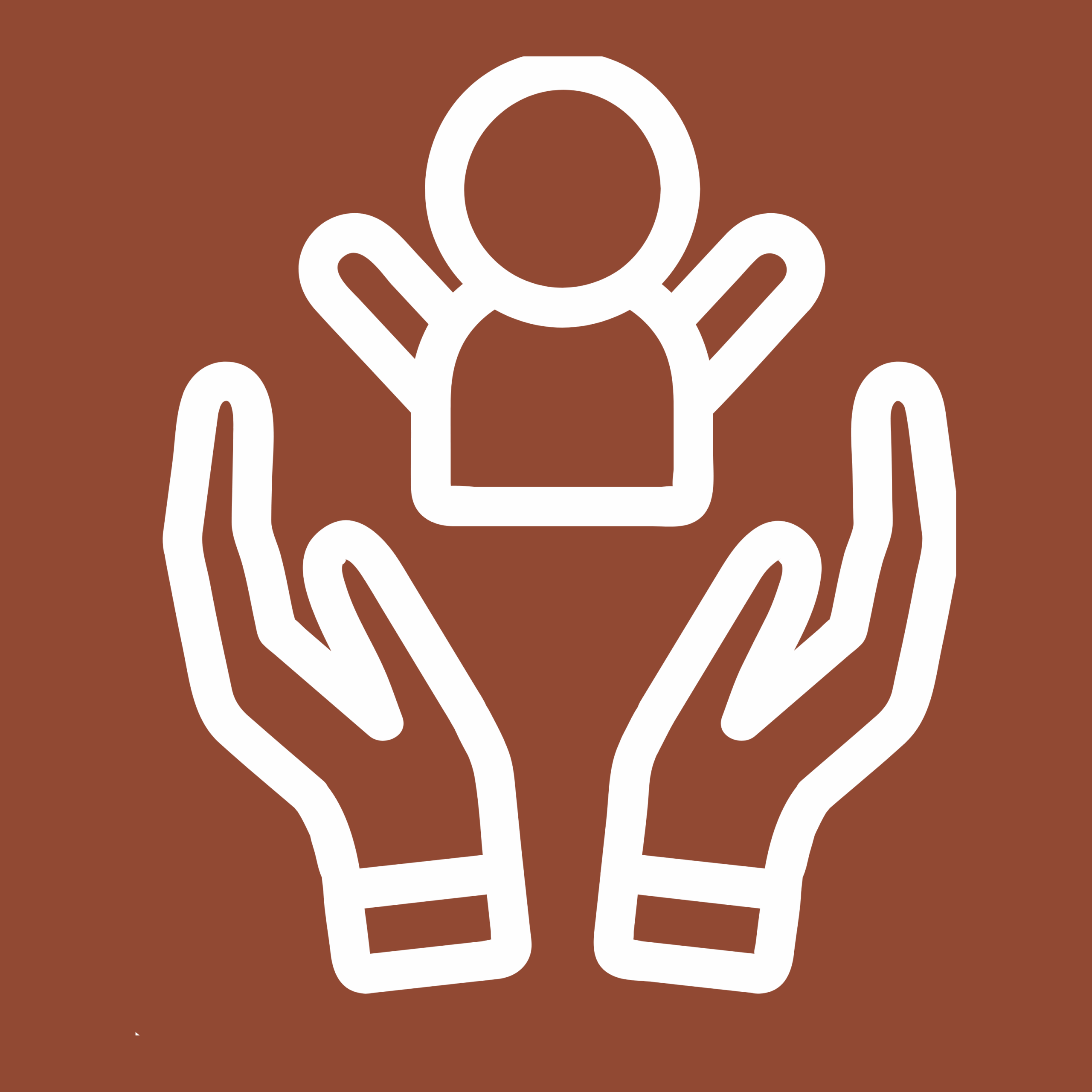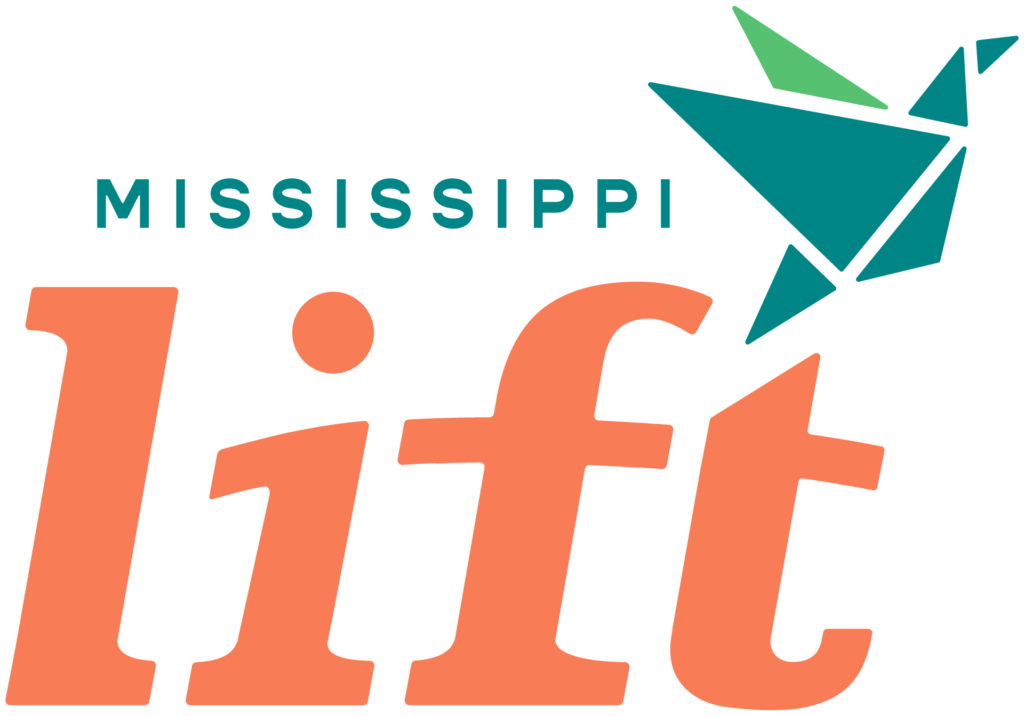Resources
Click below to find resources to support early childhood care and development!

Where can I find resources to support my role as a parent of young children?
Explore helpful tools, tips, and information to support you in nurturing your child’s growth and development.

Where can I find resources to use in my early childhood classroom or child care center?
Access practical tools, guidance, and information to help you foster learning and development in young children.

How can I learn more about early childhood development?
Discover easy-to-understand resources about the growth of young children — from milestones and brain development to early supports that help every child thrive.

How can I help young children get ready for kindergarten?
Explore resources that help you prepare young children for a confident and successful start to kindergarten.

What communication tools can I use to talk about early childhood topics?
Find tools and tips to help you share information and discuss early childhood topics with parents, caregivers, health care providers, and your community.

Where can if find information on adverse childhood experiences and toxic stress?
Learn how adverse childhood experiences (ACEs) and toxic stress affect young children, and explore resources to support them after difficult events.

How can I find resources for young children and families in my county?
Find trusted resources in your community that support the developmental care, health, and well-being of young children and their families.

Where can I find developmental resources for pediatric health care professionals?
Access valuable tools and information designed to support your vital role in providing comprehensive care to young children.
